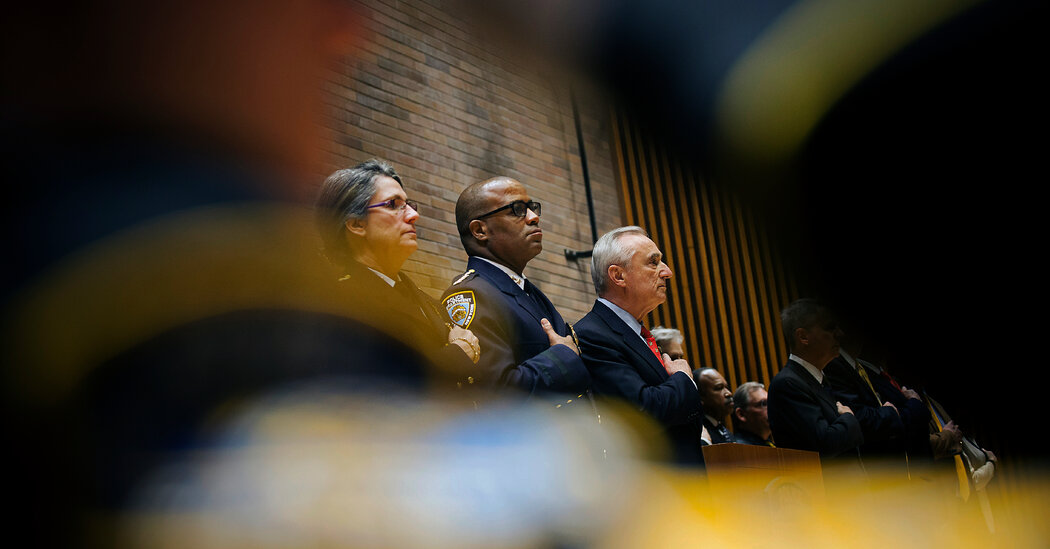
Mr. Banks has already tried to assuage concerns about his past. In a New York Daily News column this month, he wrote that he had neither betrayed the public’s trust nor broken the law. However, he did not address his accepting expensive gifts from the two businessmen, Jona Rechnitz and Jeremy Reichberg, who hoped to gain clout by currying favor with officials around the city, and who were convicted in the federal inquiry.
Mr. Banks also did not address the determination by prosecutors that he was an unindicted co-conspirator in the same criminal scheme as Mr. Rechnitz and others, or that he had said in 2018 that he would assert his Fifth Amendment right against self-incrimination if called to testify at a trial stemming from the inquiry.
He apologized only for associating with Mr. Rechnitz and Mr. Reichberg. “I realize now that even the appearance of our friendship was damaging to my profession,” he wrote.
Some government watchdogs say Mr. Banks’s past behavior raises questions about how he will conduct himself now that he has attained a position even more powerful than the one he held previously. Richard Aborn, who leads the Citizens Crime Commission of New York City, a nonprofit that studies crime reduction strategies, praised Mr. Banks’s experience but said the federal inquiry could cast a shadow.
“It’s something I think he is going to have to constantly confront,” Mr. Aborn said.
Mr. Banks and Mr. Adams declined to be interviewed. A City Hall spokesman,…







